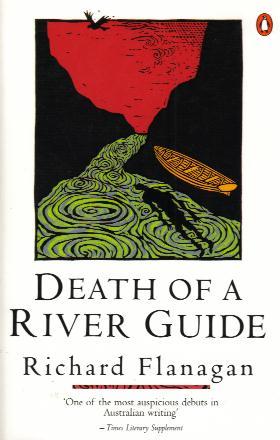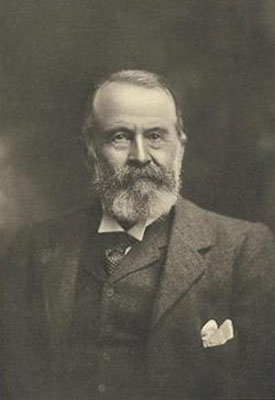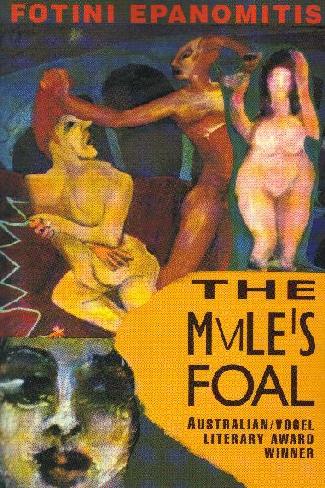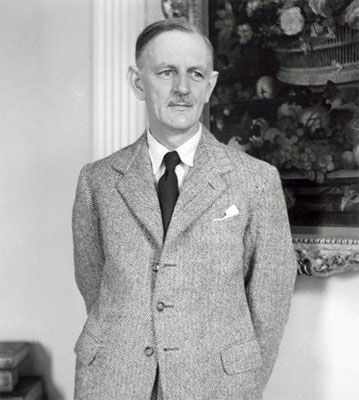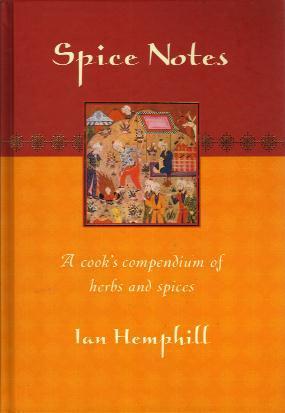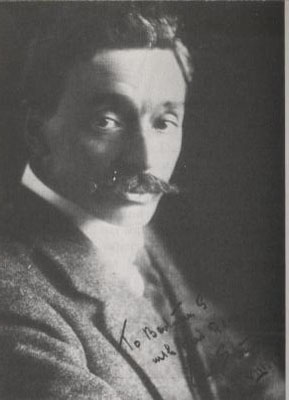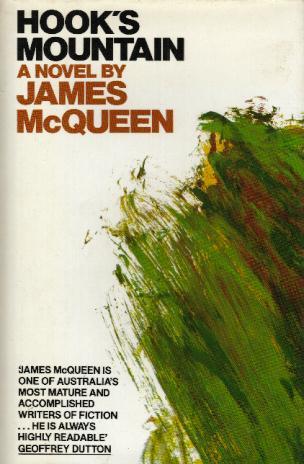Back in the mid-1990s I attended a meeting of Melbourne's Nova Mob that featured George Turner on the subject of reviewing. The Nova Mob is a weekly sf discussion group that has been running for over 30 years, and generally features one person providing the lead talk, followed by a lively question and answer session. It's all done in a good spirit, and most leading figures in the sf and fantasy worlds within Australia have addressed it at one time or another.
I was especially keen on this particlar meeting, however, because Turner was such an interesting figure in the Australian sf scene. He was a well-established, if not best-selling, writer of literary fiction who was also a long-time sf fan: not a common occurrence, or not one admitted to at least. His writing career can be basically split in two: a first "literary" phase, during which he won a Miles Franklin Award for The Cupboard Under the Stairs in 1962, and his secondary science fictional phase during which he won a Commonwealth Writers' Regional Prize for The Sea and Summer in 1988. Let's admit it, he could write, regardless of the genre.*
The other thing he could do was look at his beloved science fiction with a critical eye, skewering classic novels such as Alfred Bester's The Demolished Man, works that had seemed almost inviolate previously. He started his reviewing career writing for John Bangsund's "Australian Science Fiction Review" (ASFR) in the middle 1960s, and later for Bruce Gillespie's "Science Fiction Commentary" (SFC) and "The Age" newspaper. It didn't take him long to make enemies all over the place. Turner had a set of critical levels that he applied to sf novels, levels that the bulk of them failed to meet. He could be quite acerbic when annoyed and he scared the hell out of most sf fans in the country - me included. The British critic, Paul Kincaid, has recently written about Turner's critical style in "Science Fiction Studies". While I've only read the abstract available on the web, Kincaid seems to imply that Turner had an antagonistic relationship with sf, that he attempted "to see the genre as if it were based on exactly the same principles and ideas as mainstream literature". I agree with the latter but not the former of those two points.
Back in December 1968, John Bangsund published the 18th issue of his fanzine ASFR and, with it, George Turner's philosophy about the art of reviewing: "On Writing About Science Fiction". It's an essay that deserves close attention. Yes, it deals mainly with sf but its sentiments and guidelines can be applied across all genres.
Turner makes the following basic points:
- reviewing must be honest and fair
- the prime purpose of a review is to present a description of the work under notice, so that the reader may have some advance idea of whether it will interest him or not
- a review should be based on what the book attempts and how it succeeds or fails
- whether you personally like or dislike the work is not of prime importance
- nevertheless, your personal reaction will appear, though it should not be used to set the tone of the article, which should be judicial and balanced
- be careful with quotation
- don't go nit picking
- don't attempt criticism in the space of a review
As a basic set of reviewing guidelines they're pretty good. You can quibble with various bits, but I reckon if you were to apply them in the main you wouldn't go far wrong.**
Turner disliked the lower end of the sf genre: the poorly written, the unassuming and the incomprehensible. But he also admired those works that reached for something more; novels by authors like Ursula Le Guin, Tom Disch and Gene Wolfe. That he attempted to apply mainstream critical techniques to sf works was only to his credit, and to the benefit of the genre.
So it was with that in mind that I went along to the Nova Mob's meeting. Turner was in his late 70s by this time and had mellowed somewhat. Even so he could be rather daunting if you spoke to him on his own. You always had the feeling that no matter how much sf you had read he had always read more, and read it more intensely.
But George threw me at that Nova Mob meeting. His subject was reviewing and I thought he was going to re-iterate his 1968 manifesto, expounding on the need for fairness to the reader and to the text. And he did, but he also did something else. This time he added in the author as well. He admitted that, in the past, he had been rather harsh on some writers within the field of sf, going in a little too hard, without reasonable thought of the consequences. Now he had decided that he would not write any more negative reviews. If he couldn't find something to praise in a book then he wouldn't review it at all. He hadn't recanted from his 1960s stance, just added a little humanity to it I suppose you'd say.
I don't know how many reviews he wrote after that - not overly many I'd say - and I don't remember how many of them I read - doubtless a similarly small number. It doesn't matter really. Turner had come to the conclusion that all books were written with the best intentions in mind. Some of those intentions might not aim very high up the intellectual ladder, but the original ambition had to be respected just the same.
Personal epilogue:
George Turner was one of the best critics the genre has produced and yet I don't think he thought that highly of what he did. The last time I spoke to him was at an sf gathering, probably in early 1997. He'd been unwell for some time and although he had accepted an invitation from the organising committee of the 1999 World Science Fiction Convention to be a Guest of Honor at Aussiecon III, he didn't feel that he would be able to make it. He sought me out at the gathering and suggested, politely, that we might want to think about taking his name off the list, or getting someone else. For the first and only time that I can recall, I disagreed with him. "No George, you're the Guest of Honor," I said. "We aren't choosing anyone else." I'm not sure, but I hope he was pleased by that. He died later that year, and he was still a Guest of Honor at Aussiecon III.
* I've simplified Turner's career somewhat. Bruce Gillespie, who is Turner's literary executor and who knows more about this than I ever will, considers the writer had four distinct "careers".
** You can read the full version of this essay in "SF Commentary 76" (PDF file of about 2MgB!) which Bruce has loaded up to the web.
